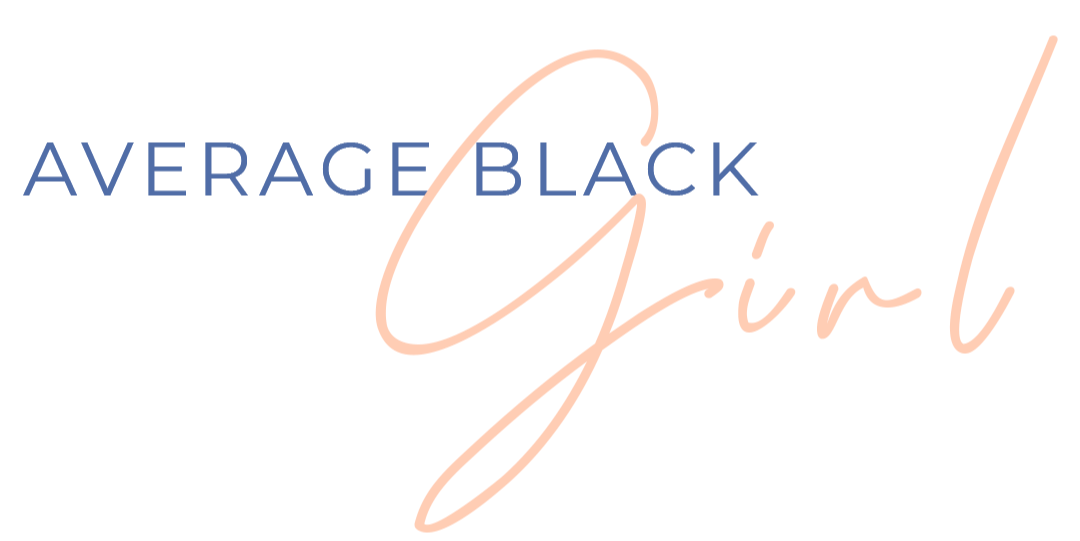In the contemporary professional landscape, navigating the challenges of stress at work has become an increasingly prevalent concern for individuals across diverse industries. The relentless pace and high demands inherent in today’s workplaces necessitate a nuanced understanding of stress management strategies. So, here are a few recommendations provided by seasoned experts in the field, offering a wealth of perspectives on how to not only cope with but effectively manage stress. By exploring these expert perspectives, individuals can gain valuable tools to foster a healthier work environment and enhance their overall well-being amidst the pressures of the professional realm.
 Understanding the Sources of Stress
Understanding the Sources of Stress
The initial step in developing an effective stress management strategy involves a thorough examination of the myriad sources contributing to workplace stress. Experts widely acknowledge that stressors can manifest in various forms, including but not limited to high workloads, stringent deadlines, interpersonal conflicts, and ambiguity in job expectations. By meticulously identifying these specific stress triggers, individuals can tailor their coping mechanisms to address the root causes, laying the foundation for a more resilient and proactive approach to stress management.
Establishing Clear Boundaries
The establishment of clear boundaries emerges as a pivotal factor in cultivating a sustainable work-life balance. Seasoned professionals and researchers alike stress the significance of delineating specific work hours, implementing well-defined breaks, and resisting the temptation to continuously engage with work-related tasks outside of designated work periods. These boundaries serve not only to enhance focus and productivity during working hours but also to fortify an individual’s overall mental and emotional well-being by creating a demarcation between professional and personal spheres.
 Embracing Stress-Relief Techniques
Embracing Stress-Relief Techniques
The integration of stress-relief techniques into daily routines emerges as a cornerstone for sustaining mental and emotional equilibrium in the face of workplace pressures. Experts unanimously advocate for incorporating mindfulness meditation, deep breathing exercises, and regular short breaks throughout the day as effective methods to alleviate stress. Also, consider those practical fidget toys that might be able to help you relax no matter what you’re doing. Beyond immediate relief, these practices contribute to the cultivation of long-term resilience, enabling individuals to navigate the challenges of their professional lives with heightened emotional intelligence and adaptability.
Fostering Positive Relationships
The cultivation of positive relationships within the workplace is recognized as a fundamental aspect of creating a supportive and conducive professional environment. Drawing from the insights of experts, the importance of open communication, collaboration, and engagement in team-building activities is underscored. By actively participating in these relational dynamics, individuals not only strengthen their professional networks but also contribute to the establishment of a more positive and enjoyable workplace culture, which, in turn, serves as a buffer against the detrimental effects of stress.
 Seeking Professional Support
Seeking Professional Support
Recognizing the limitations of self-management, experts advocate for the proactive pursuit of professional support when workplace stress reaches overwhelming levels. This entails seeking assistance from HR professionals, counselors, or therapists specializing in workplace stress. The guidance provided by these professionals can offer tailored strategies and coping mechanisms, ensuring individuals receive the support necessary to navigate the complexities of the modern workplace while maintaining their mental and emotional well-being.
The intricate tapestry of strategies for managing stress at work necessitates a holistic and multifaceted approach. By synthesizing the expert insights shared throughout this guide, individuals can equip themselves with a comprehensive toolkit to navigate the intricate challenges posed by the modern professional landscape. This guide serves as a roadmap for individuals seeking not only to cope with but to thrive amidst the pressures of the workplace. Ultimately, the amalgamation of these expert perspectives provides a robust foundation for creating a healthier and more sustainable work life.





